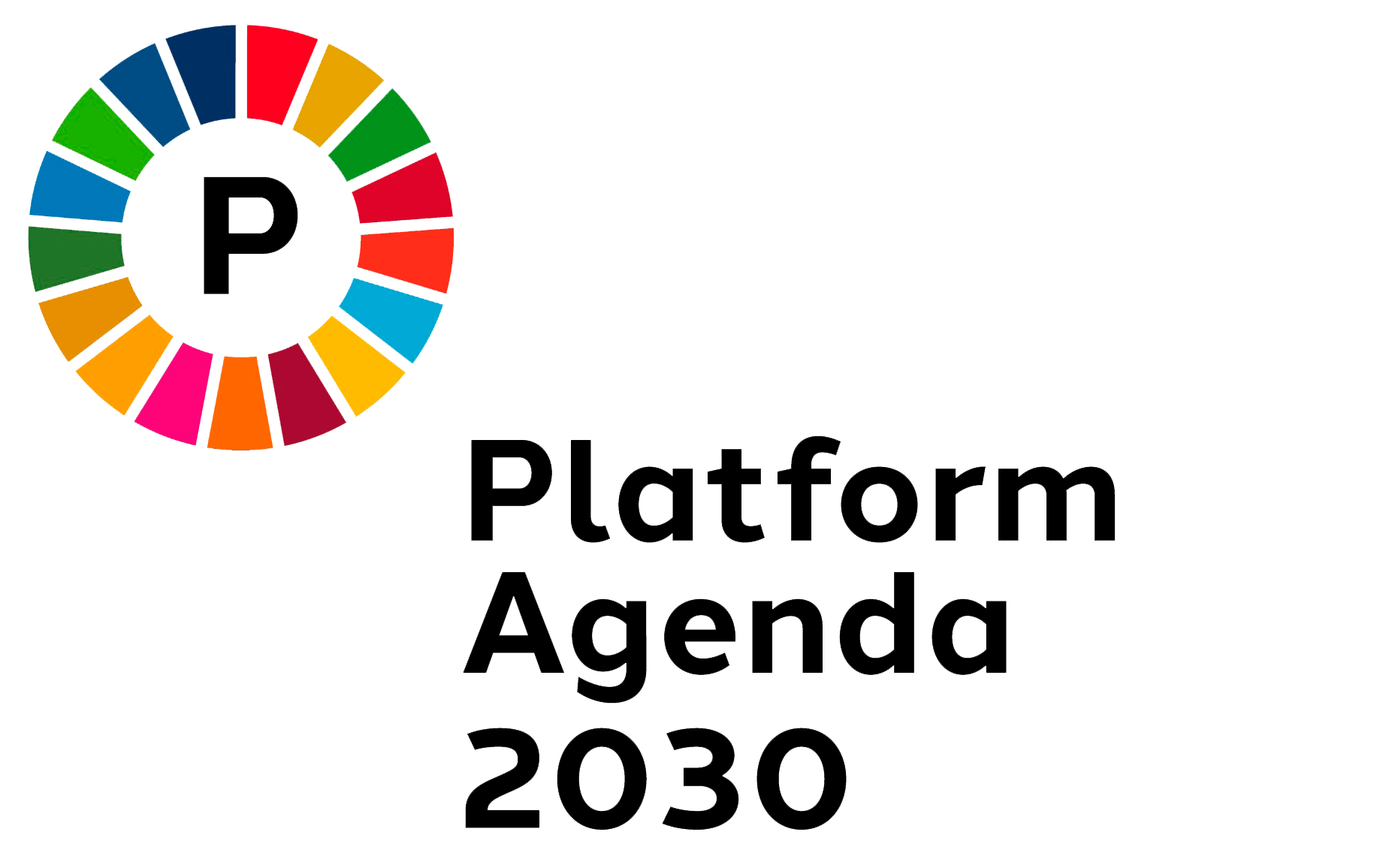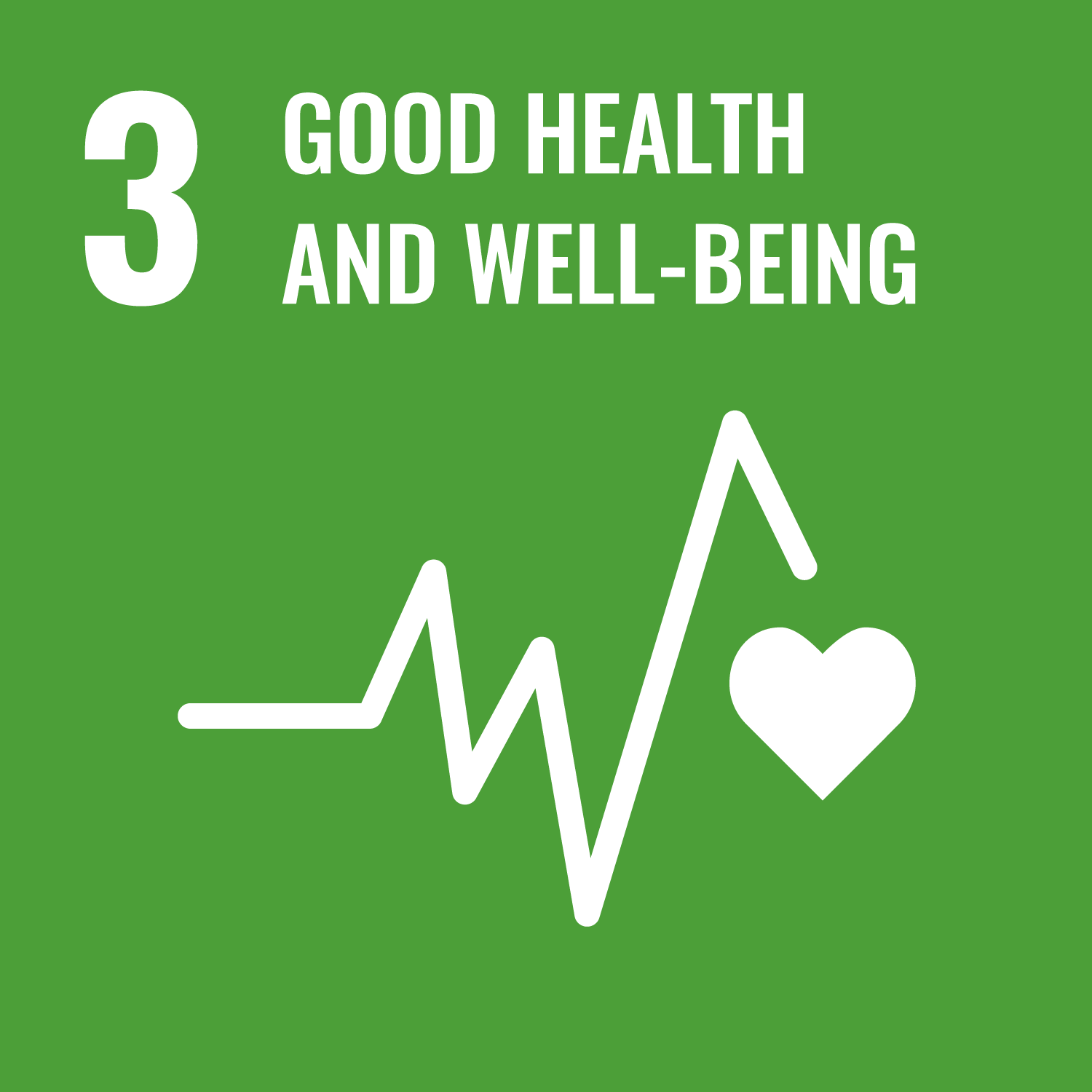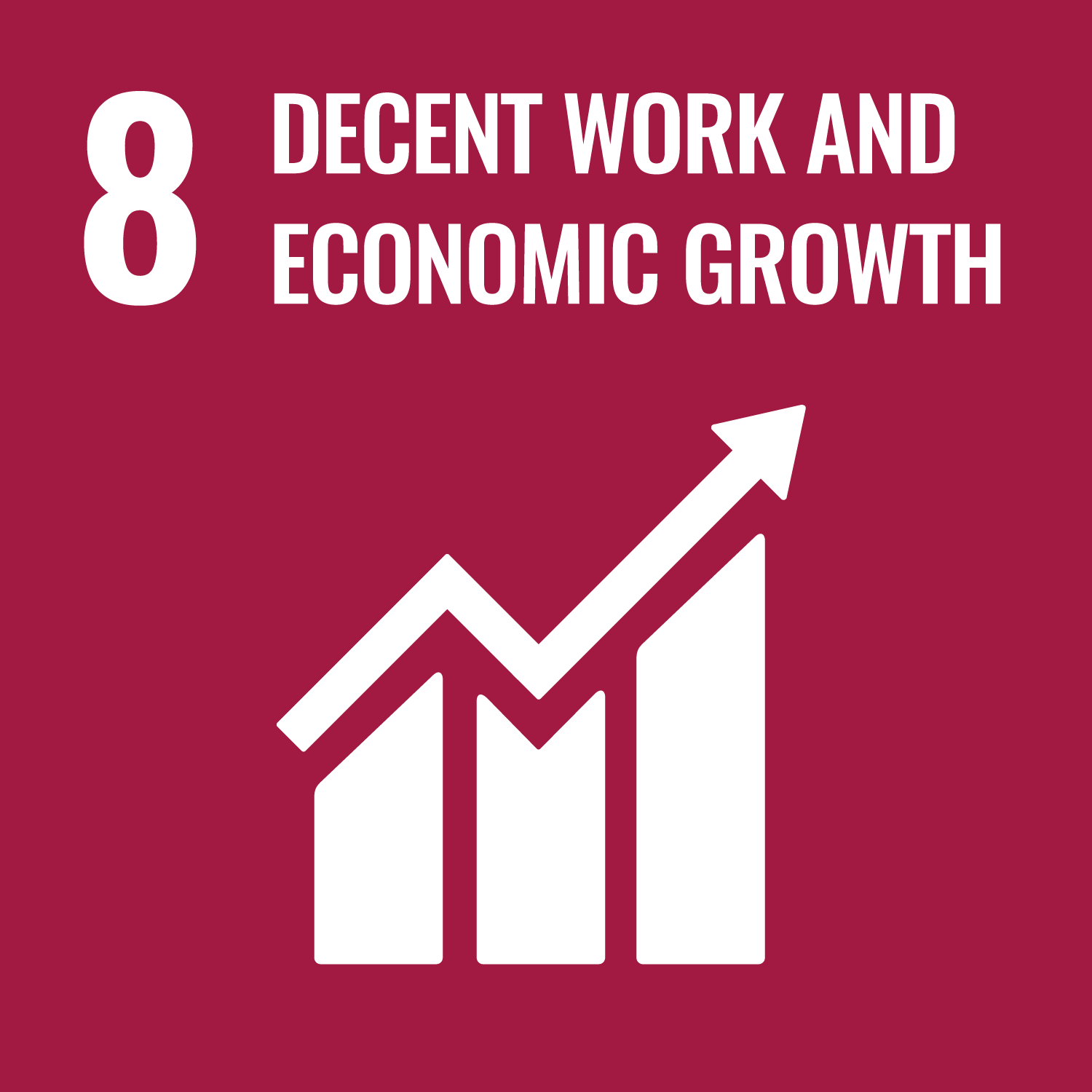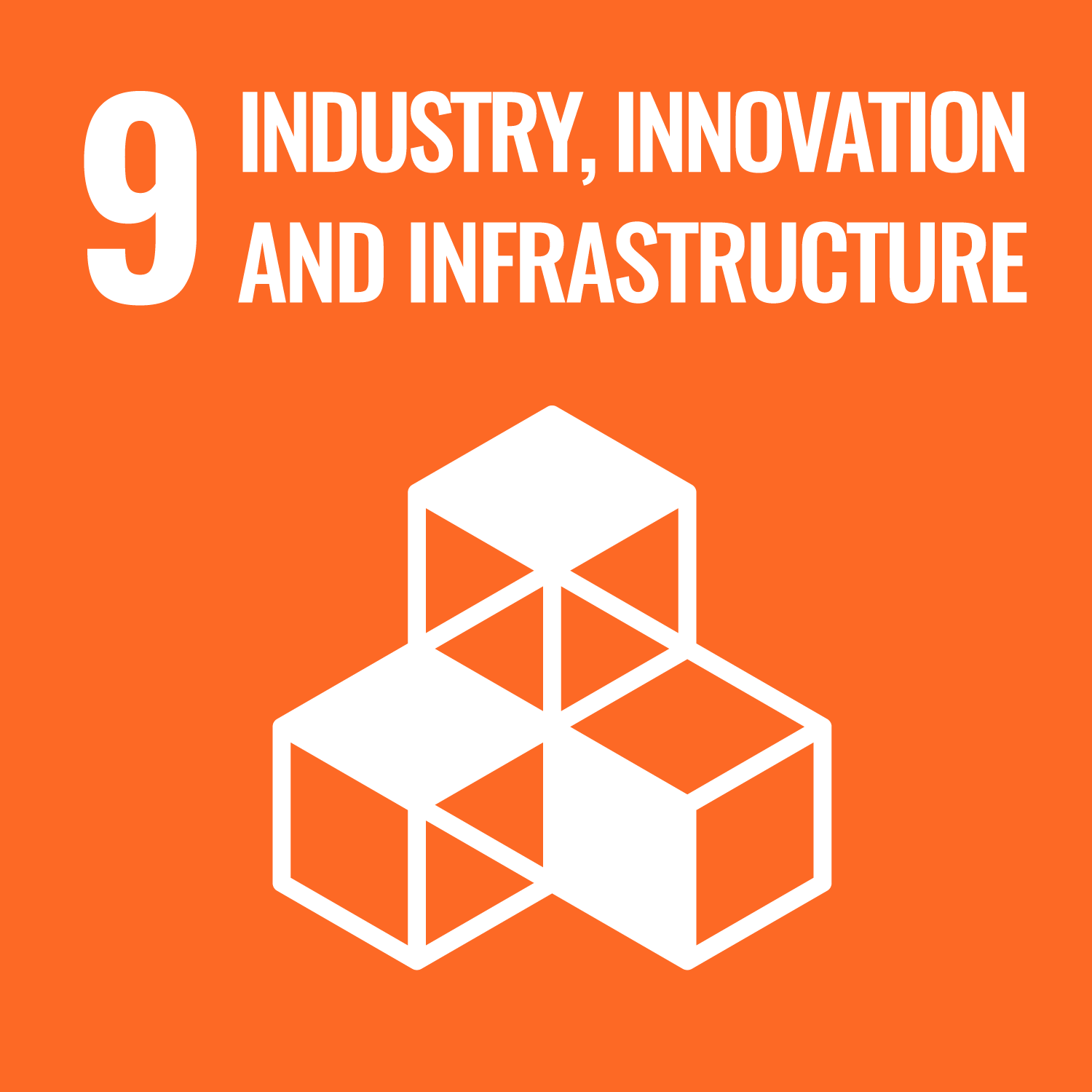Education for equity of opportunity
Our present education system replicates social inequalities rather than reducing them. It discriminates against children from socioeconomically disadvantaged families or those that speak a foreign language at home. Children with disabilities still do not have adequate access to inclusive education in which diversity is the norm and schools adapt to the needs of individual students.
Early childhood development is crucial to genuine equity of opportunity, but many local authorities offer too little in the way of support, parents are unaware of the services that are on offer, and/or cannot afford them. As a result, low-income and disadvantaged families in particular hardly ever make use of existing facilities. Children in the asylum system feel little benefit. Early childhood development is also when lasting prejudices and stereotypes are acquired, so equality and prevention programmes must specifically address this level.
The Climate Strike movement pointedly illustrates the lack of institutionalised means of participation. The right of children and young people to participate in society is enshrined in the UN Convention on the Rights of the Child. Switzerland’s children’s councils and youth parliaments do not have a big enough say, and their resolutions are generally non-binding.
Teachers are key figures in good education for sustainable development. However, at the primary level in particular pay and working conditions do not reflect the social relevance of the profession. Schools at all levels frequently do not have the resources or materials to teach subjects such as children’s rights and human rights, civics or sustainable development in an age-appropriate way.
Digital teaching methods were hastily expanded in response to the COVID-19 pandemic, but they hold risks. A lack of digital infrastructure and knowledge exacerbates existing barriers to educational access. In this respect the opportunities and risks associated with digitalisation must be examined in greater detail to ensure that children are protected and shared minimum standards adhered to in all cantons.
- The federal government, cantons and local authorities take effective, targeted action to reduce the discrimination that exists in the education system. More early years education programmes ensure inclusive, high-quality and affordable services for all.
- The federal government and the cantons systematically review teaching materials and curricula to identify the prejudices and discriminatory attitudes they convey.
- Education for sustainable development is an integral part of education at all levels and must also be included in extracurricular and informal education. The federal government works with the cantons to define measurable targets and specific implementation plans. It provides the necessary financial and staff resources.
- Teachers receive the specific support and resources they need to deliver education for sustainable development. The corresponding skills are included in the curricula of Switzerland’s universities of teacher education, and teaching materials are revised accordingly.
- Children and young people are able to participate more fully in the areas that concern them. Civics programmes encourage them to exercise their right to participate.
- The federal government establishes a legal foundation for digital security. Where education is concerned, this safeguards the individual’s right to privacy and safety from (virtual) violence.
Authors
In collaboration with Nino Wilkins, Coalition Education NGO, Valentina Darbellay, terre des hommes switzerland umbrella organisation, Oliver Wenzcel, Thinkpact Tomorrow
Report as PDF
- Child Rights Network Switzerland: Fourth NGO report to the UN Committee on the Rights of the Child. 2021. (German or French)
- UNESCO: Global Education Monitoring Report 2021/22. Non-state actors in education: Who chooses? Who loses? Paris. 2022.









